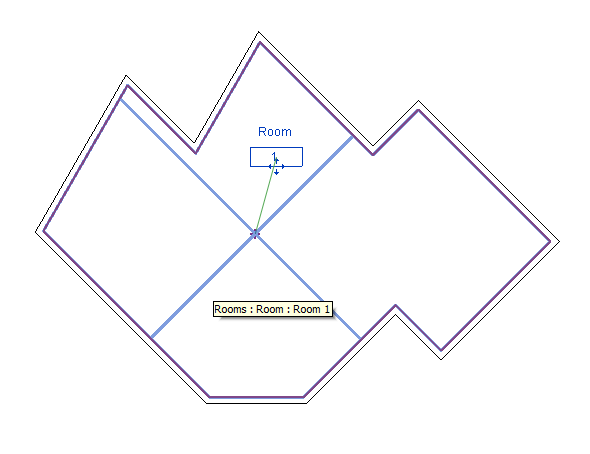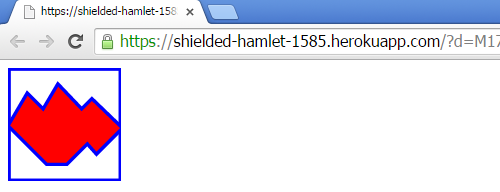
Yesterday, I implemented a pretty minimal Heroku-hosted node.js web server and used it to display some SVG graphics.
I implemented a little interactive form and used the following JavaScript snippet to invoke the server and submit the data entered to it:
function submit_form_svg_01(path_data)
{
var local = false;
var base_url = local
? 'http://127.0.0.1:5000'
: 'https://shielded-hamlet-1585.herokuapp.com';
var w = 400;
var h = 400;
var d = path_data.replace(' ','+');
var query_string = 'w='+w+'&h='+h+'&d='+d;
window.open(base_url + '?' + query_string,
'node_server', 'width=' + w + ',height = ' + h);
}
Today, in The Building Coder discussion on sending a room boundary to an SVG node web server, I describe a Revit add-in to drive the exact same web server with polygon data retrieved from the boundary of a room element in a BIM, or building information model, i.e., a 3D architectural design document.
The interesting part is really the C# .NET method analogue to the JavaScript snippet above:
/// <summary> /// Invoke the SVG node.js web server. /// Use a local or global base URL and append /// the SVG path definition as a query string. /// Compare this with the JavaScript version used in /// http://the3dwebcoder.typepad.com/blog/2015/04/displaying-2d-graphics-via-a-node-server.html /// </summary> void DisplaySvg( string path_data ) { var local = false; var base_url = local ? "http://127.0.0.1:5000" : "https://shielded-hamlet-1585.herokuapp.com"; var d = path_data.Replace( ' ', '+' ); var query_string = "d=" + d; string url = base_url + '?' + query_string; System.Diagnostics.Process.Start( url ); }
Pretty neat, the similarities, aren't they?
Here is what a weird-shaped sample room can look like in Revit:

Extracting its boundary loop and using that to define the SVG path data produces this result:

Please refer to The Building Coder discussion on sending a room boundary to an SVG node web server for all further details.